Devotional Day 19
So also the tongue is a small part of the body, and yet it boasts of great things. See how great a forest is set aflame by such a small fire! And the tongue is a fire, the very world of unrighteousness; the tongue is set among our body’s parts as that which defiles the whole body and sets on fire the course of our life, and is set on fire by hell. For every species of beasts and birds, of reptiles and creatures of the sea, is tamed and has been tamed by the human race. But no one among mankind can tame the tongue; it is a restless evil, full of deadly poison. With it we bless our Lord and Father, and with it we curse people, who have been made in the likeness of God; from the same mouth come both blessing and cursing. My brothers and sisters, these things should not be this way. Does a spring send out from the same opening both fresh and bitter water? Can a fig tree, my brothers and sisters, bear olives, or a vine bear figs? Nor can salt water produce fresh.
James 3:5-12
Arriving!
With no kitchen utensils but some remaining groceries, I suggested using the microwave “plate” and once again borrowed a pocketknife for a finger-food breakfast of cheese melted on eggs, onions, and bell peppers. Of course coffee was lacking when hitting the road on the relatively cold morning. There was only one cafe passed in the first hour of walking, but Dean wanted to go a bit further. That ended up being all the way to Miladoiro, at the top of a hill. When finally finding a café, we discovered quite a few other pilgrims present at a very inefficient place, so the stop took longer than ideal. But having left at 7 am, we had buffer time for arrival in order to attend the pilgrim’s Mass at noon.

There was more greenery than expected along the last sections of El Camino, one source saying it would be 70% along streets. Once in Santiago all arrows disappeared as pilgrims entered from all directions. Everyone was headed toward the central point, the cathedral. We came across two German ladies we’d met earlier on, but most faces were new. It started to sprinkle, so we put plastic covers on the backpacks. The closer we got, the more tourist shops lined the streets and even candy makers offered samples and cards.
The spires came into view around corners, until we finally stepped into the main plaza and saw the towering steeples against the grey sky. Arriving pilgrims were taking photos all around us, and we of course did likewise.
The Official Certificate
I can’t say I felt a strong reaction emotionally as I thought about timing and next steps. It was about 11 am, and we figured we had enough time to get our certificates (compostelas), having been told that the streamlined process made it go quickly, with computer entry of information upon arrival and the issue of a ticket number. There was a short delay when my ticket number didn’t come out (somehow falling behind the machine). While looking for help, our friends the Mexican ladies showed up! After brief hugs they went toward the cathedral and I rejoined Dean in line. We both got our compostelas, with our names written in Latin. Then on the way out we noticed a bus ticket office and got info about schedules and prices for Finisterre and Muxia.

The Pilgrims’ Mass
Heading back to the cathedral we asked where to go for entrance for the Mass, which was not in view from the plaza. Dean was surprised to see a long line for entry, which I was expecting. As we looked toward where the end might be, we AGAIN came across the Mexicans, who invited us to join them. Even though that shortened the wait, all seats had long been taken, so we stood behind the pews to the left of the altar, seeing none of the gold-plated statues and cherubim. As we waited many announcements were made asking tourists to depart and forbidding use of cameras/cell phones, but we continued to see people taking pics.
When the service finally started, I sat on the cool stone floor, giving my sore feet a break, and standing when appropriate. Most of it was in Spanish, though I can’t remember all that was read and said. I knew much of the Lord’s Prayer in Spanish and the liturgy was similar to the Anglican tradition, so it wasn’t particularly novel (after attending an Anglican church in Chile for my first eight years of life). However, prayers to Mary and St. James were not in line with my theology.

Incense and Reverence
As communion was served (exclusively for Catholics), we made our way to the section directly facing the altar, now seeing the more dramatic decorations. Right at the end of Mass additional clergy emerged very near to us, three taking hold of the ropes to send the silver vessel of incense (the famous Botafumeiro) swinging over the heads of attendees. Of course, everyone (including myself) pulled out their cellphone cameras, as we had heard that it was less common for this to be done. (Oh, the power of group trends.)
Once Mass ended, we walked around the sanctuary, including down the steps to the tomb where St. James’ remains were said to rest. Despite the number of people present, it felt reverent, not rushed. Again, there was no dramatic internal reaction; it seemed almost surreal that the walk was over.
“the tongue is a fire”
Twice I have been deployed to forest fires that had destroyed whole towns. I provided psychological care for both first responders and survivors of the fire (groups that often overlap). The damage from the fire meant enormous loss, including loved ones and possessions. Many experienced more subtle losses of security, the rhythms of community, and the familiarity of the neighborhood. All it took was one small spark; the result was death and destruction. That’s a very strong comparison for what sits in our own mouths!
Many have heard the chant, “Sticks and stones may break my bones, but words will never hurt me.” That’s a very unrealistic claim. Psychological and verbal abuse of children has been found to be just as, if not more, damaging as physical abuse. From the beginning of our lives, words shape how we perceive ourselves, others, and God. In the midst of trials, words can be encouraging or destructive. I think of Job, whose friends come in the midst of his devastation. They were supportive for seven days of silence, but once the tongue was let loose, it went downhill. Subtle “explanations” for the suffering escalated into outright accusations of Job’s sins being the reason for what must be punishment. Definitely not helpful for someone in the midst of grief and confusion!
Automatic Thoughts, Automatic Words
Words are often tied to habits. Something verbal often comes out when we stub a toe or drop a plate. We don’t think about it, we just say it, whether a curse word or a more benign one. When something doesn’t go the way we like it, perhaps we make a mistake, words come into our minds and sometimes off our tongues, reflecting embedded habits. Some of us have a habit of taking blame and shame on ourselves (“That was stupid of me!”), while others have a habit of blaming others (“That wouldn’t have happened if…”). These words come from within, often our distorted belief systems—those lies not in line with God’s truth and wisdom.
Yet words can also be beautiful, loving, and healing. James asks a powerful question: how can both contrasting sets of words come from the same mouth? One hour we’re singing songs of worship or telling someone how much we appreciate them, the next we’re spreading gossip, or shame, or judgmental criticisms. So we have to look at the source of our words, not just self-critique of our language, but identification of what habits, what belief systems, what defense mechanisms trigger what rolls off our tongue.
We have to practice replacing hurtful language with grace, whether toward ourselves or others. Often this requires help from others to identify our blind spots, and we may need to ask them to help us notice our habits. When do we swear? What triggers we lashing out at others? When do we criticize ourselves? We must always ask God for wisdom (see Chapter 1) and trust Him for help in replacing a damaging tongue with a loving one.
Cultural Differences in Communication
Along the Way I’ve noticed not only what we say matters, but how we say it. Often language differences can create a communication challenge, yet so much can be expressed by tone and body language. Earlier I mentioned the vibrant mixture of Italian, Spanish, Portuguese, English, and Korean around a table at one of the albergues. The Italians loudly insisted we should share their food and wine. This different version of hospitality produced both laughter and appreciation.
The Brazilian asked the Korean to sing, and soon beautiful words that none of us understood wafted into the air, bringing tears to the eyes of many who heard and saw the passion and emotion being expressed. Afterward, when I asked what the song was about, she said it was worship to God, thanking Him for His presence even in difficult times, for His love. The listeners nodded, agreeing that His love was what was important. Words that expressed passionate love for God were more powerful than an erudite presentation of well-founded theology. What came off the tongue showed love on multiple levels.
In contrast, there was one dorm room where several Eastern Europeans came in after most had gone to bed. They spoke loudly in a Slavic-sounding language I didn’t recognize. Although I didn’t know what they were saying, I found myself reacting negatively, annoyed at an apparent lack of consideration. Delivery of words matters, crossing all languages. We often need to think about our own expression of words and notice how others respond.
Prayer
Thank You, Lord, for giving us a tongue, a powerful way to impact others. Forgive us for the times we misuse it, and the brokenness inside that often precedes the wounding words that come out. Help us to be mindful of individual and cultural differences in communication. Help us work to understand the words of others accurately, and to express ourselves with awareness of the varying effects our words may have on different people.
Reflective Response
- Think about your daily conversations. Do your words cause people to open up or shut down? Relax or withdraw?
- Is it the content or the expression that has the biggest impact? How can we show love with our words and body language?
- Ask Jesus what words He wants you to meditate on today. Perhaps you can ask Him to show you an encouraging word to share with someone around you.
Would you like to be notified about future posts? Subscribe here!
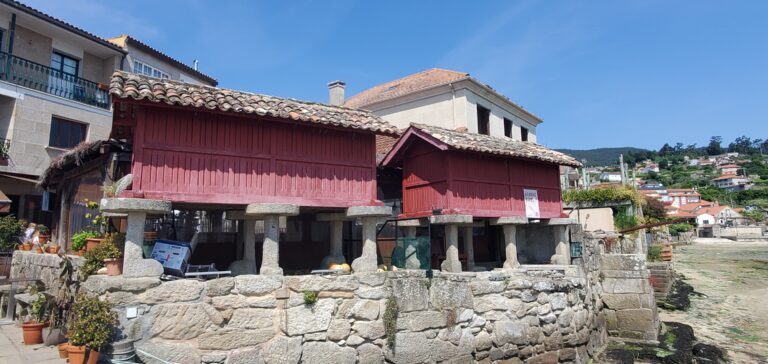
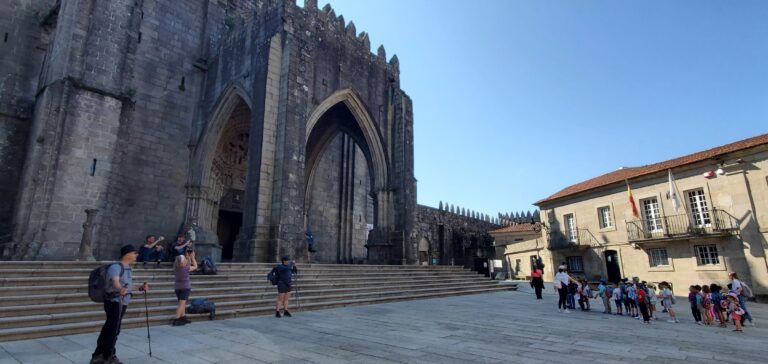

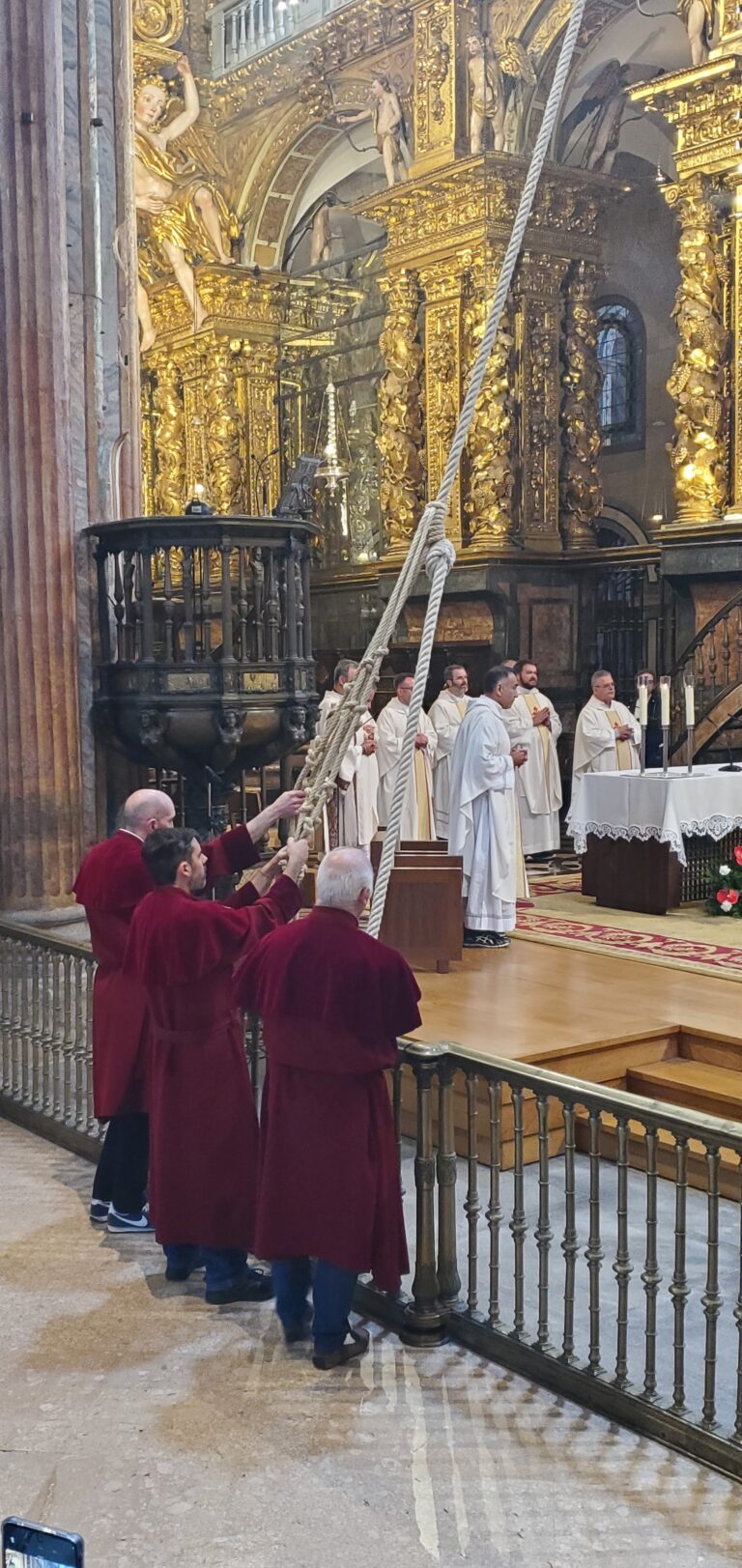
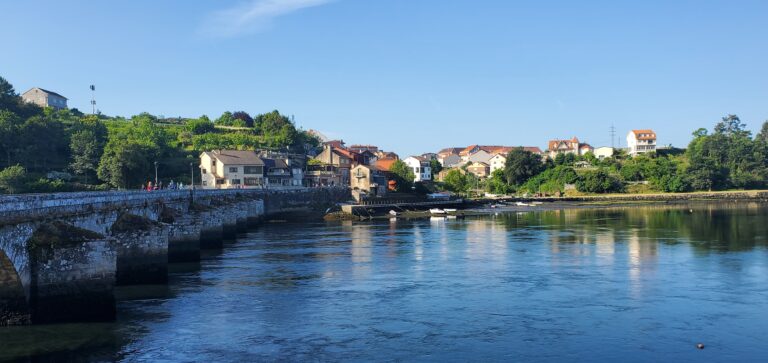
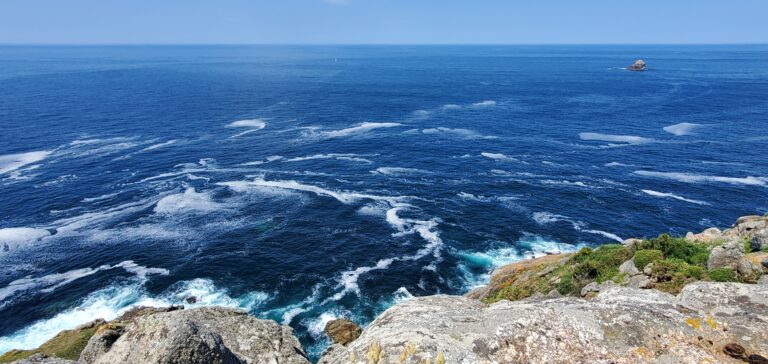
yea ! Well done and today we got pics again! thanQ ..
I’m so glad you can see them now! 😀
yes we missed two days pics but not to worry xx